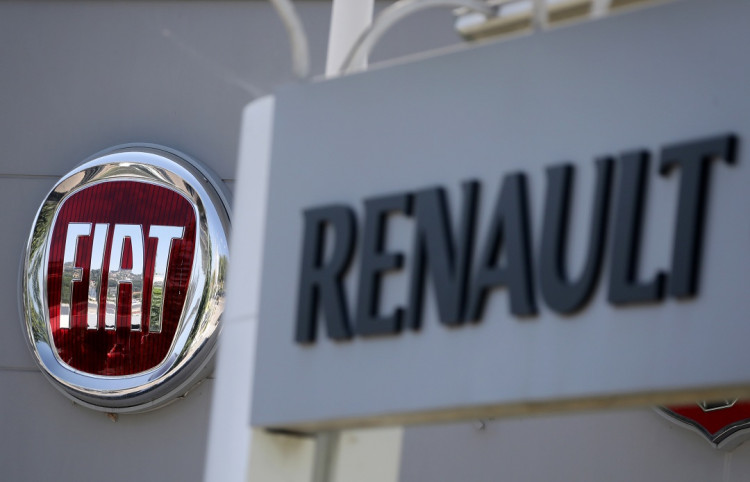The highly publicized mega-merger between Fiat Chrysler and Renault is now one step closer to becoming reality as both companies are reportedly now nearing an agreement.
The merger is expected to significantly change the entire global auto industry, reshaping the landscape for future autonomous and electric-powered vehicles.
Renault executives reportedly met up this week at the company's headquarters in Boulogne-Billancourt in Paris to discuss the merger. Sources close to the matter have revealed that the board may very well vote "yes" to the deal, given the various advantages that it offers to both companies.
A vote from Renault to approve the merger would result in a non-binding memorandum of understanding, which would pave the way for negotiations. Prior to officially signing a deal, both companies would have to consult with their respective unions and governments. The companies would also have to seek the approval of antitrust agencies and other regulators.
A successful merger between both companies would result in a firm that would be the world's third largest automotive manufacturer. The company would be larger than General Motors, with an estimated worth of $40 billion and a production capacity of 8.7 million vehicles per year.
At that scale, the company would significantly disrupt the global market, effectively changing the playing field from what it currently is today.
One of the biggest incentives of the deal will be an estimated $5.6 billion savings per year for both firms following the integration of their respective assets. Both France and Italy, whose governments own part of the companies, will be big winners in the deal. France, which owns 15 percent of Renault, is reportedly supportive of the merger.
Meanwhile, Italy has expressed its enthusiasm for the deal with the country's Prime Minister, Luigi Di Maio, mentioning that it would actually add great value to the country.
There are of course some disadvantages to the merger. This includes the possibility that some workers may be laid off, following the removal of redundant offices. There is also the concern of the management of the merged company and its staggering operations across multiple countries around the world.
The biggest loser of the deal will be Nissan, who was reportedly not consulted on the merger negotiations. Nissan recently fell out of favor with its partner following the entire scandal revolving its former CEO Carlos Ghosn.
The CEO was arrested last year on accusations of alleged fraud, which Ghosn has fully denied.
Fiat has had some positive experience with mergers in the past. The company took over Chrysler in 2009, shortly after the US-based automaker had declared bankruptcy. The deal had essentially ensured Fiat's survival in the industry and the Chrysler brand has continued to be very profitable for the firm up to this day.






